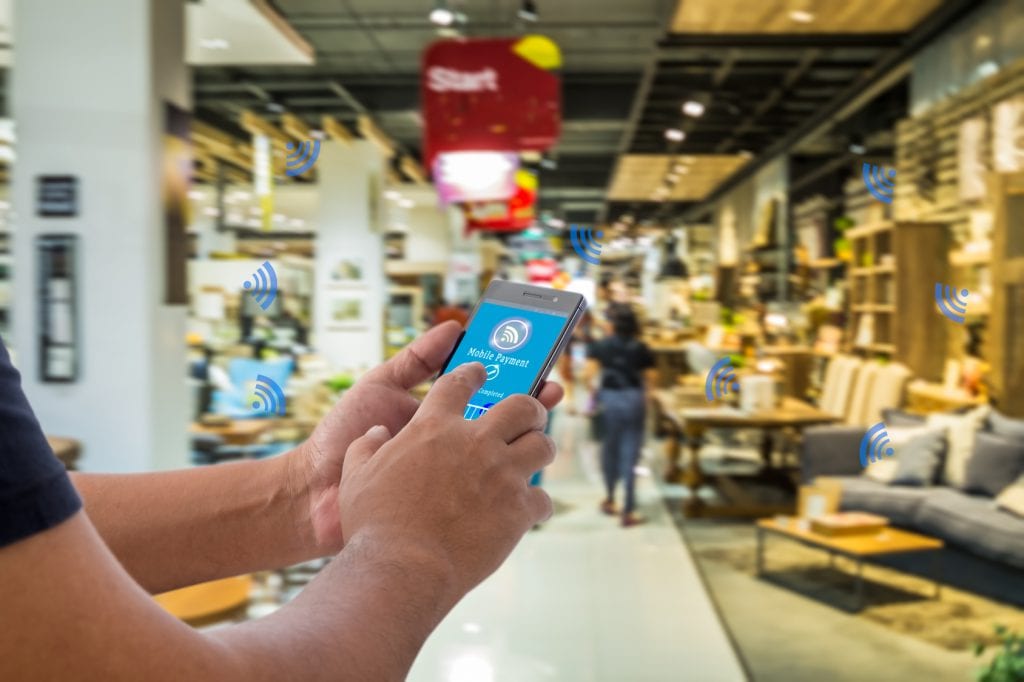It’s not just for paying the rent anymore. That would be PayPal’s Venmo person-to-person (P2P) payments platform that has achieved escape velocity with millennials and other younger demographics using it not only for rent, but also looking to split restaurant tabs and event tickets. As the following article reports, PayPal is letting Venmo spread its payment wings at e-commerce merchants.
PayPal’s (PYPL) strategy to expand social app Venmo into merchant payments could “become a material upside driver,” says one Wall Street analyst, who hiked his price target on the company Monday. Josh Beck, a KeyBanc Capital analyst, upped his price target to 70 from 66 on Monday. Shares in PayPal were up 0.7% to finish the regular trading session at 62.92 on the stock market today. Shares in PayPal are up 59% in 2017. Beck says most Venmo app users do not have a PayPal account.
Our proprietary debit/credit card database suggests Venmo is more incremental than cannibalistic, generally better than market expectations,” Beck said in a note to clients. “We believe monetizing Venmo via ‘Pay with Venmo’ offers a funding benefit and are now more bullish on the incrementality of the user base.”
PayPal’s Venmo, a person-to-person payments system used mainly by millennials, faces competition from Apple (AAPL), Square (SQ) and others. While the money-transfer services are mostly free for consumers, PayPal aims to get fees from merchants that accept the money transfers as payment. Square stock edged up 0.7% to close at 28.69. Since it was spun off from eBay (EBAY) in 2015, PayPal has evolved from a payment button to a broad payments service provider, while expanding from online checkout to mobile payments. In its core business, PayPal has shifted its strategy to give consumers more payment options at checkout, such as using credit cards. PayPal in 2016 announced online checkout deals with credit card firms Visa (V) and Mastercard (MA).
Payment options for online shoppers are becoming overloaded. Among card networks, issuers, smartphone users, and alternative providers like PayPal and Amazon, it seems everyone wants to get into the act. Since Venmo has become a home run for PayPal, it makes sense to make it available on wider scale with online merchants. Venmo users are highly loyal to the brand so it bears watching if they will use it to shop up a storm at the thousands of e-commerce merchants that PayPal is lining up. One possible downside? Some landlords are watching this with a wary eye—hoping their rent payments don’t take a hit.
Overview by Raymond Pucci, Associate Director, Research Services at Mercator Advisory Group
Read the full story here
